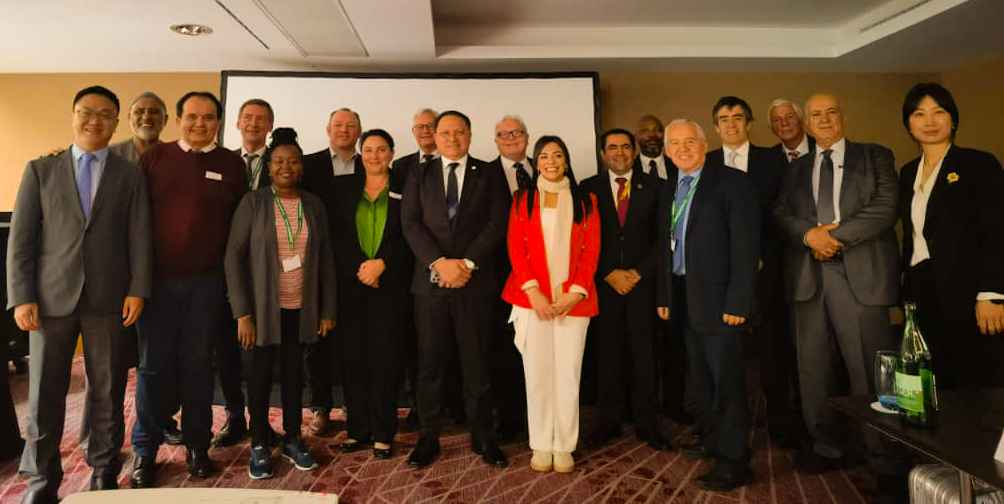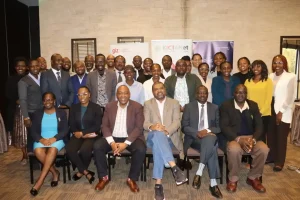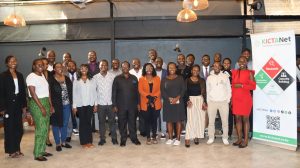By Dr Grace Githaiga
The Einstein Forum in partnership with the WSIS+20 FORUM organised the Einstein Roundtable High-end Thinker Roundtable in Geneva, Switzerland, on May 29th, 2024.
The discussion topic was “Digital Trust in the Intelligent World.”
Speakers were invited to do any of the following:
- Exchange global cyber security challenge and the best governance practices.
- Discuss the elements of digital trust and the role of international standards in building digital trust.
- Discuss the construction and application of the digital trust narrative framework.
- Provide professional advice for the country’s digital construction and security risk management and control.
I choose to talk about the elements of digital trust and the role of international standards in building digital trust.
But what is digital trust? It is the expectation that digital technology and services, together with the companies that offer them, will safeguard the interests of all parties involved and maintain social norms and values.
In the words of Prof. Luis Solleiro Villavicencio from the University of Mexico, digital trust calls for transparency, responsiveness and justice. In addition, respect and equitable treatment, empathy, collaboration effective communication, and use of technologies to improve safety.
My focus was as follows:
Neutral and Standardised Frameworks
Global standards and frameworks that are both neutral and broadly applicable must be created and adopted if digital trust is to be established in the intelligent world. For example, we have seen the use of such terms as “trusted vendors and non-trusted vendors” in some frameworks meant to enhance digital trust.
To avoid fragmentation, such frameworks should define exactly what these terms mean to avoid being seen as biased, and being influenced by geopolitical objectives, and yet we insist on net neutrality. However, there is a need to concentrate on technical specifications, data protection standards, and cybersecurity measures based on well-specified objective criteria.
Encouraging transparent and inclusive policy-making procedures
A diverse range of stakeholders, such as governments, industry leaders, civil society, and technical experts, can improve digital trust if they embrace the multistakeholderism model in developing policies that are supported by evidence as experienced by the different stakeholders.
This will foster public interest in policymaking, and allow for policies and regulations that have stakeholders buy in.
Interoperability and Mutual Recognition Agreements
Mutual recognition agreements (MRAs) for digital standards and certifications should be established, and interoperability prioritised to foster digital trust across geopolitical boundaries.
Through guaranteeing the smooth operation of systems and technologies and the global recognition of certifications, stakeholders can cultivate a digital ecosystem that is more unified and reliable.
RELATED
Dr. Grace Githaiga is the convenor and CEO of KICTANet. Twitter |LinkedIn.
![]()




